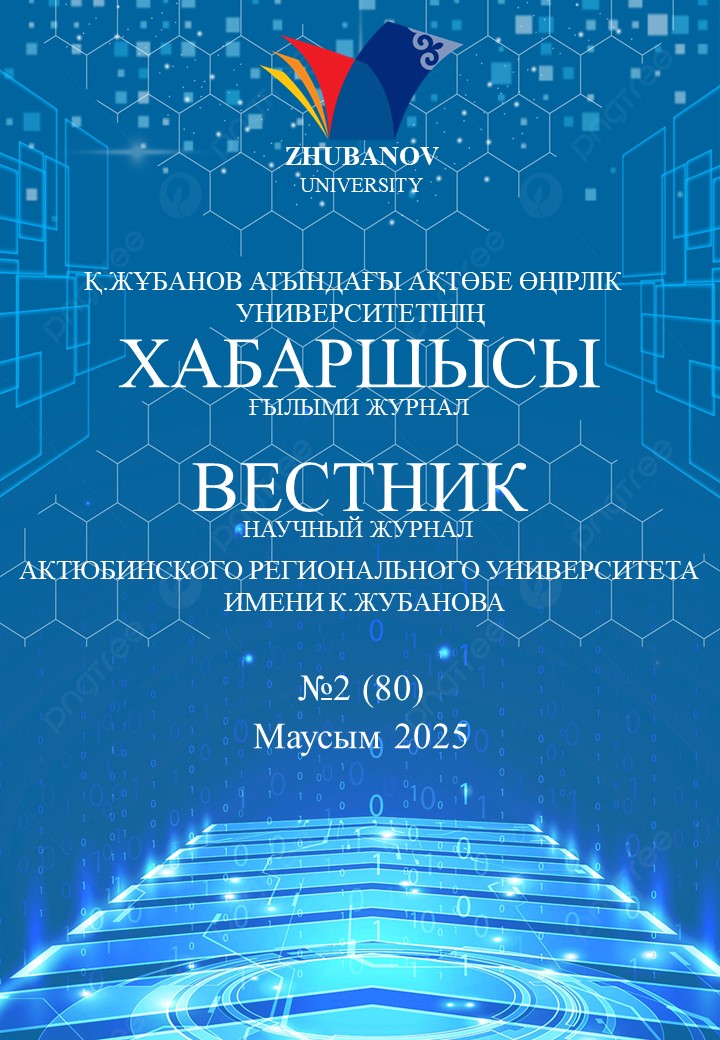The article comprehensively examines the impact of the mentoring system in higher education institutions on students' professional and personal development. The mentoring process not only enhances students' academic achievements but also positively affects their social adaptation and helps them feel more confident in the educational environment. The article analyzes various forms of mentoring—individual, group, and online—and their effectiveness. Each form addresses specific student needs and helps unlock their potential. The contribution of the mentoring system is also highlighted, emphasizing that it goes beyond academic support to play a vital role in developing critical thinking, decision-making, and personal responsibility. Through concrete examples, the author demonstrates the significance of mentoring tools and methods in fostering students' personal growth and achieving professional goals. The continuity and reliability of mentoring relationships contribute to improved self-esteem, increased motivation, and clearer career orientation. The article particularly emphasizes the importance of establishing a trusting relationship between mentor and student as a key factor in enhancing the quality of education in higher institutions.
TOGAIBAYEVA A.K.
Candidate of pedagogical sciences, associate professor of the Department of General Pedagogy and Pedagogy and Education Management, K. Zhubanov Aktobe Regional University, Aktobe, Kazakhstan.
E-mail: aikat_76@mail.ru, https://orcid.org/0000-0002-2071-9536
MUKHAEVA T.S.
Master's student, K. Zhubanov Aktobe Regional University, Aktobe, Kazakhstan.
E-mail: toka.mukaevaa@mail.ru, https://orcid.org/0009-0008-2841-7621
- Дудина Е.А. Наставничество как особый вид педагогической деятельности: сущностные характеристики и структура // Вестник Новосибирского государственного педагогического университета. 2017. Т. 7. № 5. С. 25-36. DOI: 10.15293/2226-3365.1705.02 DOI: https://doi.org/10.15293/2226-3365.1705.02
- Ball E, Hennessy C. De-mystifying the Concept of Peer Mentoring in Higher Education: Establishing Models for Learning. In C. Woolhouse, L.J. Nicholson (Eds.), Mentoring in Higher Education - Case Studies of Peer Learning and Pedagogical Development. 2020. P. 17-38. DOI: 10.1007/978-3-030-46890-3_2 DOI: https://doi.org/10.1007/978-3-030-46890-3_2
- Нугуманова, Л.Н. Наставничество как современная модель повышения квалификации педагогов в дополнительном профессиональном образовании/ Л.Н. Нугуманова, Г.А. Шайхутдинова, Т.В. Яковенко // Проблемы современного педагогического образования. 2019. № 64–3. С. 182–185.
- Бутакова Н.С. Наставничество как форма работы / Н.С. Бутакова // Наставничество XXI века: сборник статей по итогам Региональной научно-практической конференции. – Омск: БПОУ «Омский педагогический колледж №1», 2021. – 70 с.
- Никитина В.В. Роль наставничества в современном образовании/Текст научной статьи по специальности «Науки об образовании». 2013. -7с
- Артамонова Е.И, Тесленко О.В. Наставничество как проявление качества профессиональной подготовки будущего преподавателя вуза // Педагогическое образование и наука. 2022. № 3. С. 13-24. DOI: 10.56163/2072-25242022-3-13-24


